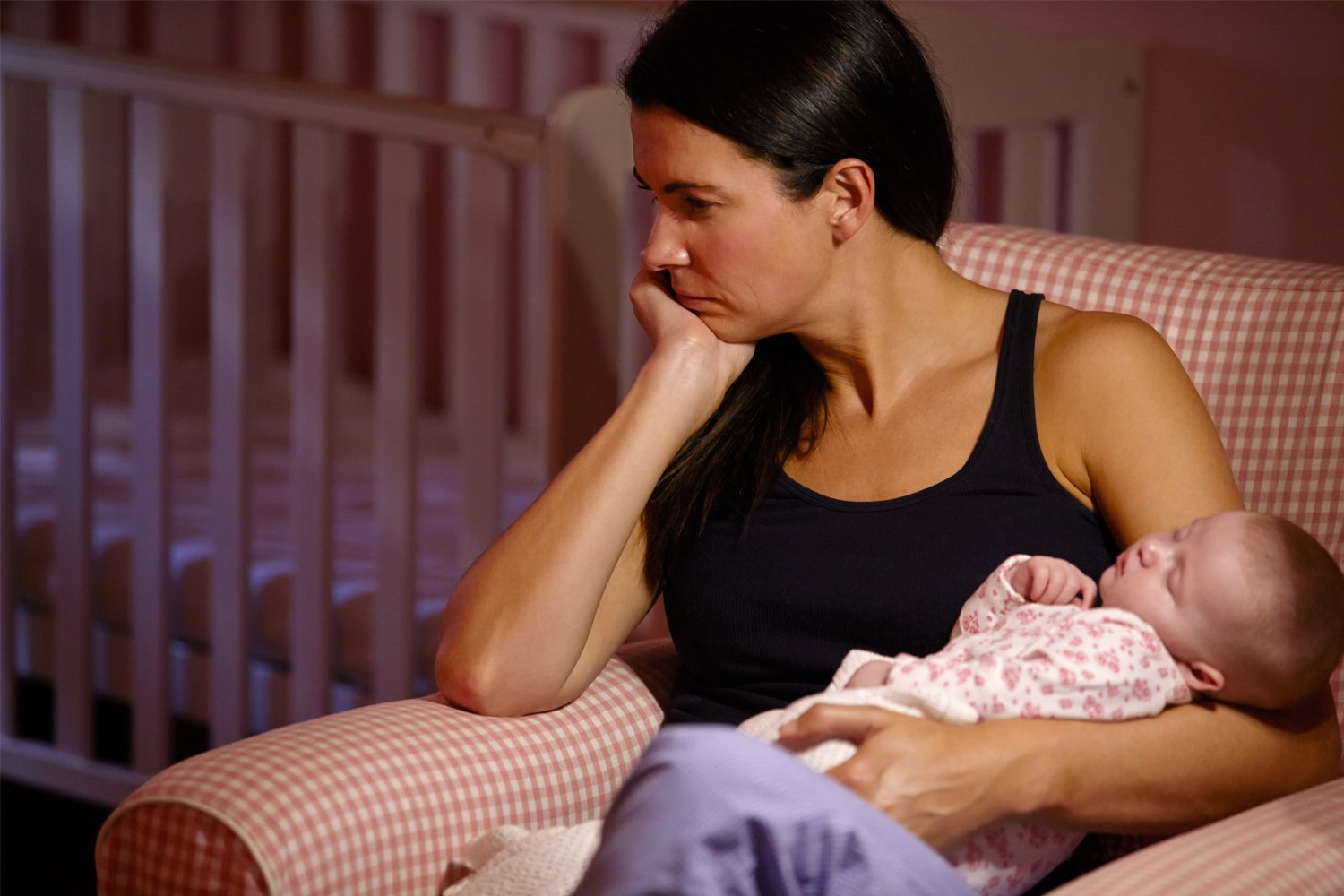
What is postpartum depression?
A mother who gave birth and took her baby in her arms in good health should be the happiest person in the world. Yes, most of us might think so, but the facts are different. A depressed mood often occurs in women who have given birth. We call this postpartum depression. This situation, which usually lasts for a short time and goes away on its own, can sometimes be seen as severe depression (major depression).
Why does postpartum depression occur?
We do not know this; however, it is thought to occur due to the withdrawal of high hormones during pregnancy from the blood after delivery.
When does postpartum depression occur?
Usually 2nd-3rd postpartum. It comes out in days.
Does postpartum depression occur in every woman who gives birth?
No. However, your risk of developing postpartum depression increases :
- If you had depression before pregnancy
- If your family and social environment is problematic,
- In young mothers,
- In unplanned pregnancy,
- In women who have problems with their spouses,
- In pregnant women exposed to violence,
- If you have gestational diabetes
- If the milk did not come after the delivery,
Postpartum depression is more likely to occur in stillbirths.
In general, 8-15% of women who give birth have postpartum depression.
What are the symptoms of postpartum depression?
Loss of appetite after birth, not being able to sleep or wanting to sleep all the time, feeling tired all the time, feeling that you can’t take care of your baby, crying crises are the symptoms of postpartum depression.
If you feel these symptoms all day long after giving birth and it goes like this every day, you have postpartum depression.
How does postpartum depression progress?
Usually 2nd-3rd day after birth the condition occurs. We said it starts in days, in most women, it usually goes away on its own within 1-2 weeks without the need for any treatment. If you have severe depression, then the symptoms last longer and require treatment.
What are the negative effects of postpartum depression?
The most important risk is the inability to establish a healthy relationship between mother and baby due to depression. Babies whose mothers have had postpartum depression may have poor growth and nutrition. In addition, psychological problems are more common in these children in the following years. If not treated in time, it can lead to thoughts of suicide and harming the baby in the mother.
How can postpartum depression be prevented?
After the birth, the mother has to take care of her newborn baby, that is, she takes on a great responsibility. For this reason, providing a supportive, loving and warm environment around women who have given birth is the most important measure to be taken against postpartum depression. It is primarily the responsibility of his spouse and other relatives to provide this environment.
On the other hand, the spouse and family elders should not be overly intrusive to the mother who has given birth.
It is necessary not to show judgmental attitudes to the mother such as “why are you unhappy?”, “your baby is healthy, you are healthy, what more do you want”. It is enough to be with the mother when she needs help and to establish a stress-free environment.
In addition, it is very important to rest the mother and ensure that she gets her sleep. Having someone around to take care of the baby at night will rest the mother.
It is helpful to support the mother’s nutrition. A well-nourished mother can take better care of herself and her baby, which reduces the likelihood of developing postpartum depression.
How is postpartum depression treated?
Mild postpartum depression usually resolves spontaneously within 1-2 weeks. Resting the mother, providing a supportive environment around her is enough.
If there is severe depression, if there are thoughts of death, then antidepressant medication or psychotherapy is required without delay. These treatments are regulated by psychiatrists.
I wish you healthy days.
